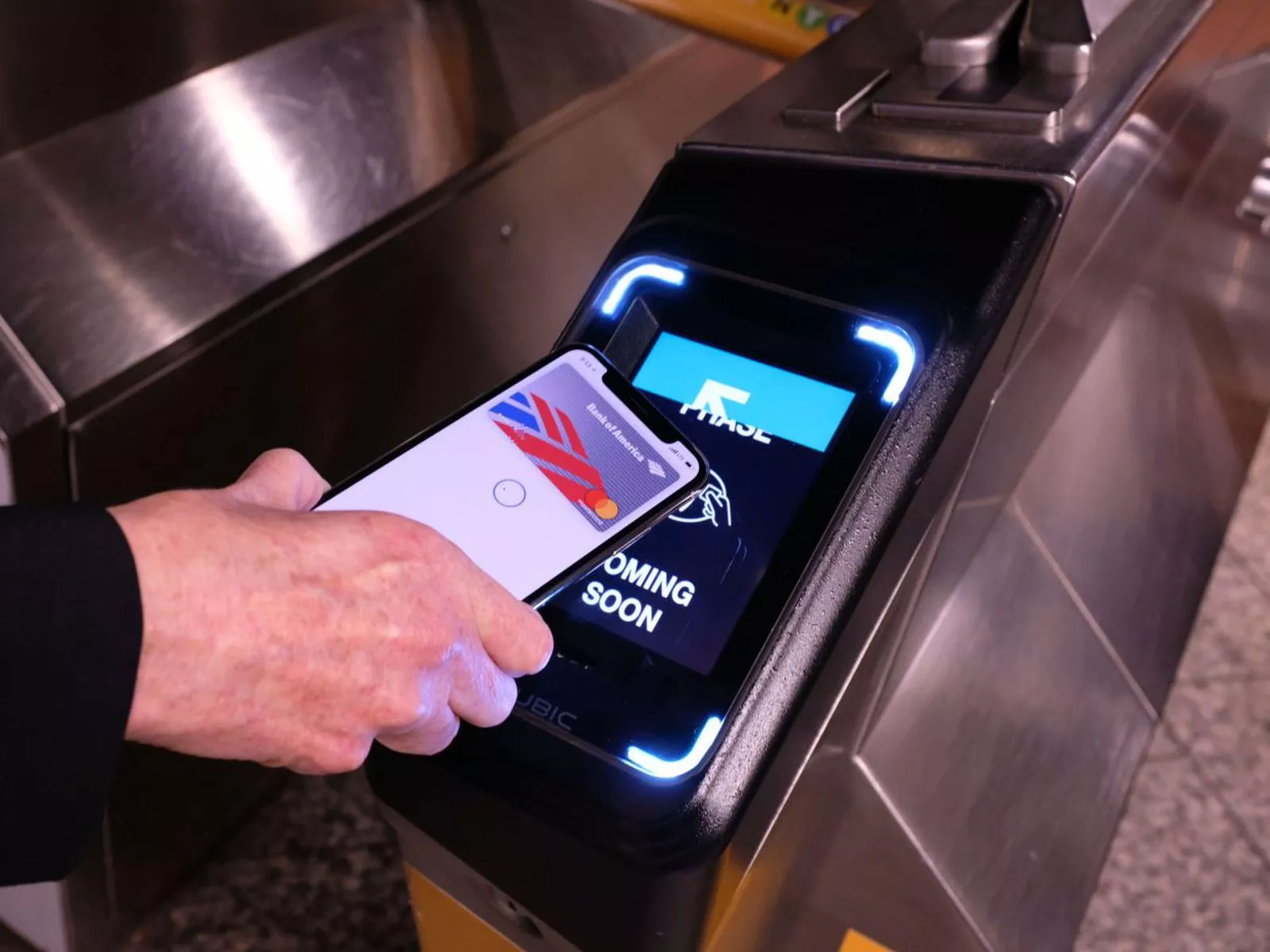
EU is going to get digital euro this year?
The European Commission and the European Central Bank (ECB) are to consider launching a digital euro project towards the middle of 2021.
“Such a project would answer key design and technical questions and provide the ECB with the necessary tools to stand ready to issue a digital euro if such a decision is taken,” the two institutions say in a joint statement.
“The ECB and the European Commission services are jointly reviewing at technical level a broad range of policy, legal and technical questions emerging from a possible introduction of a digital euro.”
The ECB launched a public consultation on the introduction of a digital currency as a central bank digital currency in November 2020.
The public consultation was launched on 12 October 2020, following the publication of the Eurosystem report. The ECB will publish a comprehensive analysis of the public consultation in the spring, which will serve as an important input for the ECB’s Governing Council when deciding whether to launch a digital currency project.
An initial analysis of raw data shows that privacy of payments ranked highest among the requested features of a potential digital euro-currency (41% of replies), followed by security (17%) and pan-European reach (10%).
“The high number of responses to our survey shows the great interest of Europe’s citizens and firms in shaping the vision of a digital euro,” said Fabio Panetta, Member of the ECB’s Executive Board and Chair of the task force on a dig. euro. “The opinions of citizens, businesses and all stakeholders are of utmost importance for us as we assess which use cases a digital euro might best serve.”
The Eurosystem task force, bringing together experts from the ECB and 19 national central banks of the euro area, identified possible scenarios that would require the issuance of a digital money. These scenarios include an increased demand for electronic payments in the euro area that would require a European risk-free digital means of payment, a significant decline in the use of cash as a means of payment in the euro area, the launch of global private means of payment that might raise regulatory concerns and pose risks for financial stability and consumer protection, and a broad take-up of central bank digital currencies issued by other central banks.
A digital currency would be an electronic form of central bank money accessible to all citizens and firms – like banknotes, but in a digital form – to make their daily payments in a fast, easy and secure way. It would complement cash, not replace it. The Eurosystem will continue to issue cash in any case.
A digital currency would combine the efficiency of a digital payment instrument with the safety of central bank money. The protection of privacy would be a key priority, so that the digital euro can help maintain trust in payments in the digital age.









